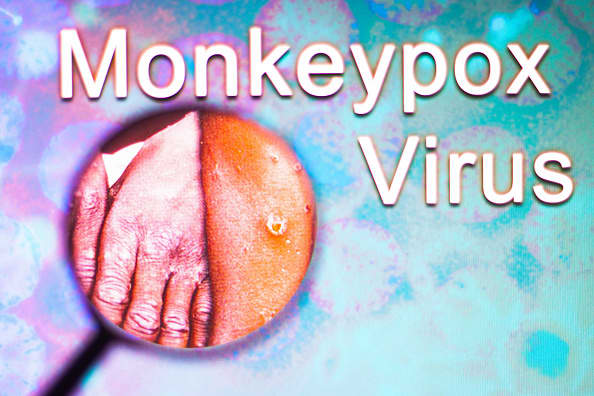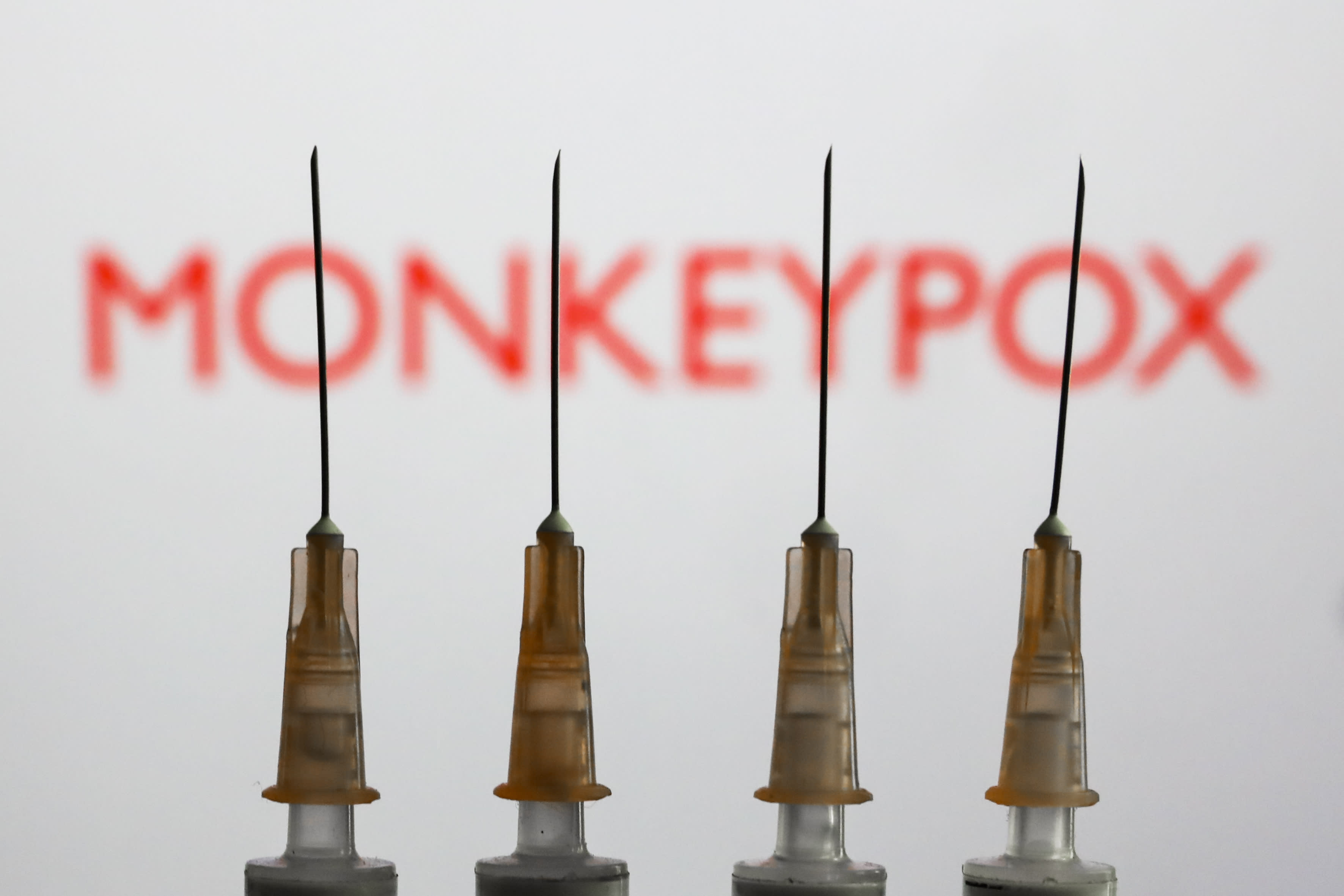Health officials identified a second probable case of monkeypox in Philadelphia and Pennsylvania.
"The Philadelphia Department of Public Health was informed yesterday morning of a Philadelphia resident who has tested positive for the orthopoxvirus," a spokesperson wrote Wednesday. "Pending CDC confirmation, this is being considered a probable case of monkeypox based on preliminary testing at the Philadelphia Department of Health’s Bureau of Laboratories."
The CDC also listed two total cases of monkeypox in Pennsylvania as of Tuesday.
"Please note that the CDC has not yet confirmed the case as monkeypox," the health department spokesperson wrote. "So far, it is still classified as probable."
Get top local stories in Philly delivered to you every morning. Sign up for NBC Philadelphia's News Headlines newsletter.
Nationally, 72 cases have been reported in 17 states and Washington, DC, as of Tuesday, according to the Centers for Disease Control.
The first case in the city and state was reported back on June 2.
"This individual, although a Philadelphia resident, was seen at a clinic outside the city," the health department spokesperson said Wednesday. "Therefore, its report and testing are being coordinated by the Pennsylvania Department of Health. So far, there is no known connection between this case and the earlier known case of monkeypox in Philadelphia. And, to protect the resident’s privacy, no information will be given that would aid in their identification."
Initial symptoms of monkeypox include:
- Fever
- Headache
- Muscle aches
- Backache
- Swollen lymph nodes
- Chills
- Exhaustion
Within one to three days of developing a fever, an infected person then "develops a rash, often beginning on the face then spreading to other parts of the body." The infection usually lasts two to four weeks.
"In humans, the symptoms of monkeypox are similar to but milder than the symptoms of smallpox. Monkeypox begins with fever, headache, muscle aches, and exhaustion," the CDC says on its website. "The main difference between symptoms of smallpox and monkeypox is that monkeypox causes lymph nodes to swell (lymphadenopathy) while smallpox does not."
The disease has been spreading across the globe in an unusual pattern, according to the CDC, which has led the agency to begin a heightened monitoring of its spread.
"CDC is closely tracking cases of monkeypox that have been recently reported in several countries that don’t normally have monkeypox activity, including the United States," the federal agency says on its webpage dedicated to the disease.
Monkeypox Stories
In Africa, the disease "has been shown" to cause death in as many as one in 10 patients, the CDC says.
“The threat to Philadelphians from monkeypox is extremely low,” Philadelphia Health Department Acute Communicable Disease Program Manager Dana Perella said in a statement earlier this month. “Monkeypox is much less contagious than COVID-19 and is containable particularly when prompt care is sought for symptoms. Vaccine to prevent or lessen the severity of illness is available through the CDC for high-risk contacts of persons infected with monkeypox, as is antiviral treatment for patients with monkeypox. I believe that residents and visitors should feel safe to do all the fun things Philadelphia has to offer, with the proper precautions.”
The current global outbreak was first confirmed in a British citizen on May 6, the city said in its statement. Since then, cases have been confirmed in 29 other countries.
"The Health Department strongly recommends that anyone who is experiencing symptoms of an unexplained rash on their face, palms, arms, legs, genitals, or perianal region that may be accompanied by flu-like illness should contact their regular healthcare provider as soon as possible," the city said in its statement.



